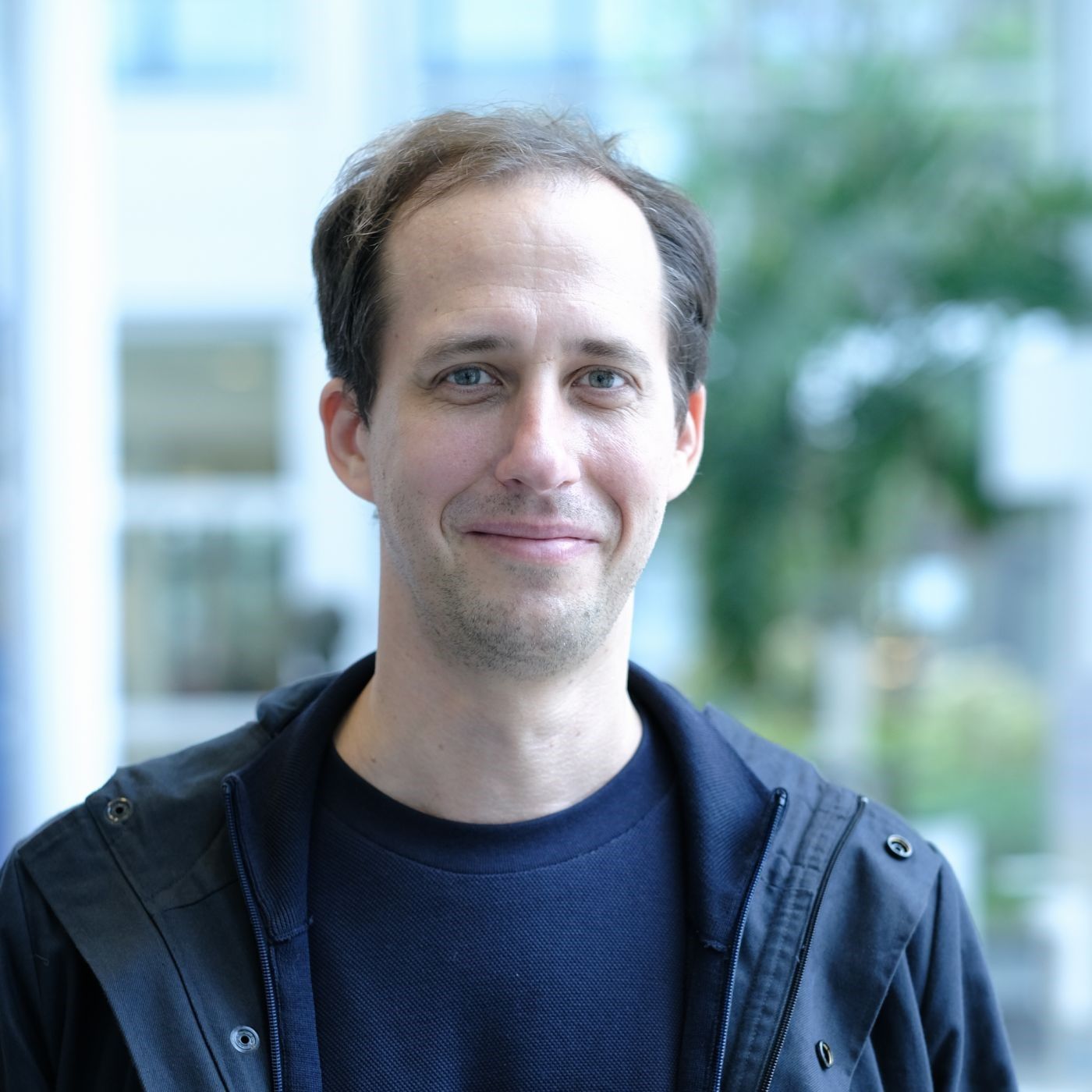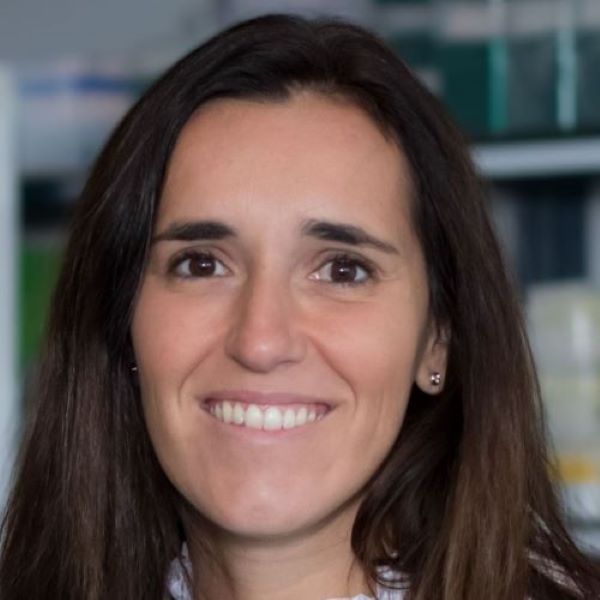Berlin
Translational research at the DKTK Partner site Berlin is dedicated to tackling the most demanding clinical challenges in cancer: Treatment failure and resistance, metastasis, tumor heterogeneity, cancer stemness and immune evasion.
A major challenge for increasing cancer cure is to develop treatments tailored to the genetic alterations in each individual patient. Systems-based, integrative strategies are applied to solid and hematological cancers to explore molecular alterations and functionalities. Single-cell biology will become a major focus in the coming years. Our primary aim at the DKTK partner site Berlin is to identify mechanism-based biomarkers and develop biology-driven therapeutic concepts.
Charité´s key assets are large well characterized patient cohorts comprising diseases such as G.I. cancers (neuroendocrine malignancies, colorectal cancer), breast and ovarian cancer, melanoma, neuroblastoma, lymphoma, leukemia as well as head and neck cancer and pediatric malignancies.
Important components of existing infrastructure platforms include metabolomics, proteomics, next-generation sequencing, especially panel-based sequencing and preclinical imaging and flow cytometry / CyTOF2 facilities. The focus at the DKTK Partner site Berlin is on functional genomics and development of personalized treatment. This focus is supported by advanced pre-clinical model systems (genetically modified mouse models, patient tumor-derived xenografts and 3-dimensional organoid cultures, vital tissue slices) that permit mechanism-based functional exploration and screening in prioritized tumor entities. Transgenic technologies (advanced CRISPR/Cas9 knock-out approaches, human T cell receptor transgenics) can also be applied in advanced preclinical model systems, enriching the information that can be gained from models. The GMP Facility for adoptive T-cell therapy (TCR-based and CAR-T cells) is currently under development.
Angelika Eggert coordinates INFORM trial, targeting children with relapse or recurrent cancers, together with colleagues in Heidelberg. In the framework of INFORM, researchers strive to understand the mechanisms of treatment failure and comprehensively investigate molecular changes in cancer cells. The Berlin program “Precision Oncology and Personalized Therapy Prediction – POP” is developing and expanding test systems for a personalized drug screening.
Institution
Spokesperson & Deputy Berlin
Prof. Dr. Ulrich Keller
Charité - Universitätsmedizin Berlin
Medizinische Klinik mit Schwerpunkt Hämatologie und Onkologie am Campus Benjamin Franklin

Prof. Dr. Gerald Willimsky
Charité – Universitätsmedizin Berlin / DKFZ
Experimentelle und Translationale Tumorimmunologie / Experimental and Translational Tumor Immunology
DKTK Professorships

Prof. Dr. Gerald Willimsky
Charité – Universitätsmedizin Berlin / DKFZ
Experimentelle und Translationale Tumorimmunologie / Experimental and Translational Tumor Immunology
DKTK associated Professorships

Prof. Dr. David Capper

Prof. Dr. Johannes Huppa
DKTK Young Investigator Group Leader
